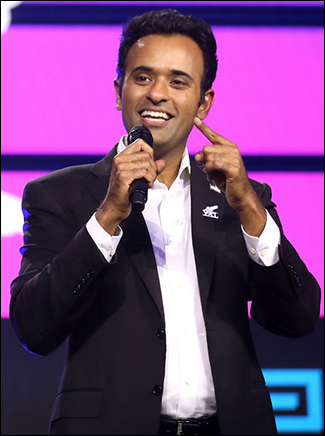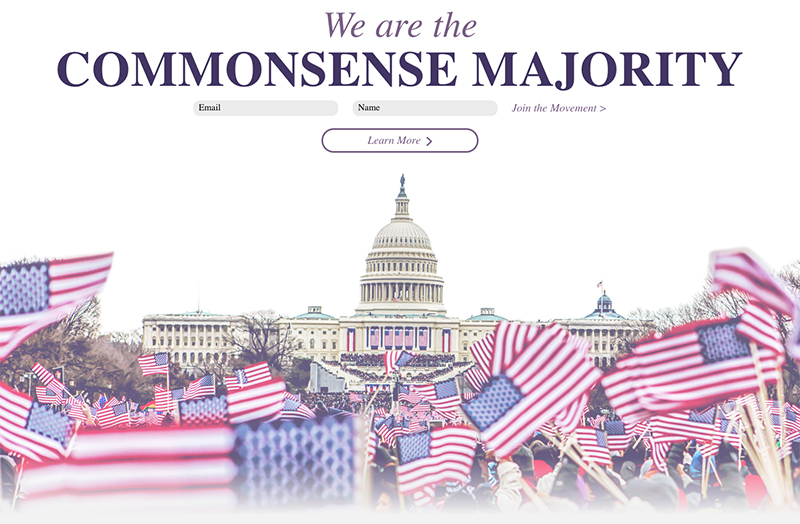By Jim Ellis — Tuesday, Aug. 1, 2023
Senate
Senate Election Cycle: A Review — The 2024 US Senate cycle is a critical one, especially for Republicans since the political map favors them for the first time in three election cycles. Democrats must defend 23 of the 34 Senate races next year, and there are signs of competition in only one of the 11 GOP defense seats.
Therefore, Republicans must maximize their present opportunity because they face minority status for several more election cycles if they fail to claim the majority next year.
With that, let’s review where the key races stand:
FIRST TIER (alphabetically by state)

Sen. Jon Tester (D), Montana
Sen. Jon Tester (D) stands for a fourth term from a state that has moved considerably to the right since he was last on the ballot in 2018. The presidential turnout for 2024 is another obstacle that he must overcome.
The Club for Growth leadership several months ago said they would back US Rep. Matt Rosendale (R-Glendive) to the tune of $10 million if he decided to challenge Sen. Tester, as he did five years ago. In the 2018 election, Rosendale, then the state auditor, lost to Sen. Tester, 50-47 percent.
Now, CfG president David McIntosh, himself a former Republican congressman, is hedging on such a support level, saying that retired Navy SEAL and aerospace company CEO Tim Sheehy is an impressive candidate and Rep. Rosendale is needed in the House. Rosendale has long been a presumed Senate candidate but has yet to come forward and formally announce his political plans. Former Navy SEAL and aerospace company Sheehy, with the Republican leadership’s endorsement, has officially entered the race.
• Nevada: The close results seen in the state both in 2022 and 2020, along with more GOP candidate development, moves Nevada into the top tier. Afghan War veteran and 2022 Senate candidate Sam Brown enters the race with endorsements from the Senate leadership and key support groups.
Former Ambassador to Iceland Jeffrey Ross Gunter, one of former President Donald Trump’s appointees, is close to becoming a Senate candidate. Also in the race is former state Assemblyman Jim Marchant who was defeated in previous gubernatorial and secretary of state races.
The eventual Republican nominee, particularly if Brown wins, will be in a toss-up race with first-term Sen. Jacky Rosen (D).
• Ohio: Republicans have a three-way primary featuring Secretary of State Frank LaRose, state Sen. Matt Dolan, and businessman Bernie Moreno. Polling shows all three would run within the polling margin of error opposite Sen. Sherrod Brown (D) while keeping him under the 50 percent support plateau.
Republicans have done well in Ohio since Sen. Brown was re-elected in 2018. This will likely be the incumbent’s most difficult re-election race. Ohio becomes a must-win for the Republicans if they are to wrest the Senate majority away from the Democrats.
• West Virginia: Polling finds Gov. Jim Justice (R) holding comfortable leads over Sen. Joe Manchin (D) in the general election and Rep. Alex Mooney (R-Charles Town) in the Republican primary. Sen. Manchin has still not committed to seeking re-election. West Virginia is the Republicans best conversion opportunity. If the GOP fails to win this seat it will be a precursor to a very bad election night.
SECOND TIER (alphabetically by state)
• Arizona: This race will be the wild card of the 2024 election cycle. The three-way race featuring Independent incumbent Kyrsten Sinema means that she, a Democrat, likely Rep. Ruben Gallego (D-Phoenix), and an eventual Republican nominee, possibly 2022 gubernatorial candidate Kari Lake, could all win this seat with a plurality figure of less than 40 percent.
Considering that Lake received 49.6 percent of the vote in the governor’s race, her chances in the Senate race should not be overlooked. She still, however, must be viewed as an underdog since the other two candidates’ chances appear better at present.
• Michigan: Mitchell Research conducted a new poll of the Michigan electorate (July 11-13; 639 likely Michigan voters; SMS text) and finds Rep. Elissa Slotkin (D-Lansing) recording a 44-38 percent lead over former Rep. Mike Rogers (R) and an even larger 41-28 percent advantage over ex-US Rep. Peter Meijer (R). Both are potential Senate candidates.
Additionally, two-term US Rep. Lisa McClain (R-Bruce), who represents the region commonly referred to as “the thumb” since the state’s Lower Peninsula configuration resembles a human hand, said that she will not enter the open Senate race next year. The move presumes that she will seek re-election to the House in 2024.
Michigan is trending more Democratic than it had in the previous elections before 2020, so the party remains the favorite to hold this open seat due to incumbent Sen. Debbie Stabenow’s (D) retirement.
• Pennsylvania: Sen. Bob Casey, Jr. (D) is on the ballot for a fourth term next year and is the clear favorite for re-election. Republicans do not yet have an official candidate, but it is believed that 2022 Senate candidate David McCormick will at some point announce his entry into the race. He lost the Republican nomination in the last election to Dr. Mehmet Oz by 950 votes statewide.
Even with McCormick in the race, Sen. Casey will hold the inside track to re-election. For this seat to fall to the Republicans, a national Red Wave will have to form.
• Texas: The Lone Star State is the only place at present where a Republican incumbent is being seriously challenged. The entrance of state Sen. Roland Gutierrez (D-San Antonio), however, actually helps Sen. Cruz. With Gutierrez being identified with the progressive left, Sen. Cruz will be able to use the Democratic primary to help drive Rep. Colin Allred (D-Dallas) further to the left, thus setting both up favorably for the general election regardless of which man becomes the Democratic nominee.
This will be an expensive race, but Sen. Cruz is well positioned to again prevail.
• Wisconsin: Sen. Tammy Baldwin (D) stands for a third term. Wisconsin turns in close races, but early polling suggests the Democrats have a clear advantage heading into this cycle. Republicans have yet to recruit a candidate. Some of the GOP possibilities are individuals who have lost previous statewide races.
Should a redistricting case come before the state Supreme Court, there is a possibility that the Wisconsin congressional map may be redrawn. If so, then both Reps. Bryan Steil (R-Janesville) and Derrick Van Order (R-Prairie du Chien) could be endangered. If that happens, we could see Steil move forward to challenge Sen. Baldwin. Should this scenario unfold, the Senate race would become more competitive.







